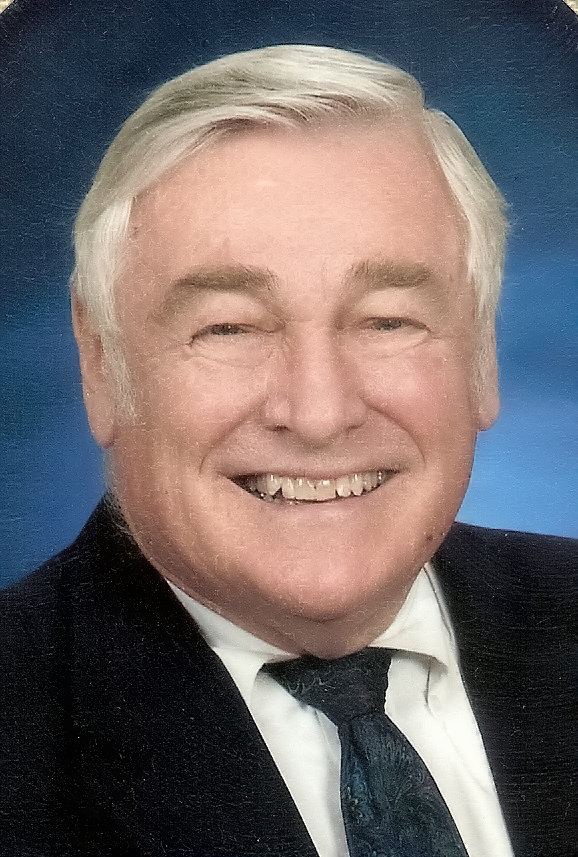My spouse died over three years ago and I was pitched headfirst into the grief mill. His death was sudden, he entered the hospital on a Monday and, filled with cancer, was dead the following Monday. I was in shock, and while I had the time to say goodbye, I don’t remember if I did or didn’t. I know he was so drugged up it was ludicrous to even suggest we plan his funeral. So I sat by his bedside and sang to him, talked to him, held his hand, touched his hair and face, asked if he was in pain (he wasn’t), and told him I loved him as many times as there are stars in the sky. And then it was over.
My first grieving thoughts were like most people, all of the great things about him. Obituaries make saints out of even the worst human being. So I thought about his fabulous smile, twinkling blue eyes, infectious laugh, his adoration of me, his caring for me almost to worshiping me. There was nothing he wouldn’t do for me. I had to be careful not to say I liked something because he would get it for me, even if I was only admiring it for its beauty, but not wanting to own it. In the last four years of our 40-year marriage, he spent as much waking time with me as possible. Even if it was just a quick trip to the ATM or a short walk to get the mail. He kept saying, “We have more time behind us than ahead of us, and I want to spend as much of it with you.” What a fabulous guy. My heart physically ached for months and Niagara Falls swept down my face on a regular basis.
In order to tamp my grief, I decided to recall the time he hurt me by having a year-long affair. I didn’t divorce him. See the second paragraph above. We worked through it and over it. Thinking that would help. It didn’t. It just brought back the pain of hurt on top of the pain of grief.
Then I decided to recall all the things he did to annoy me. Things I can no longer remember in any detail. Stupid little things like he didn’t clean the electric toothbrush as well as I did. Or, he was a paper “stacker,” on his desk and not in any order. His desk was a mess, mine was neat and orderly. Or, he would hang his pants from the top dresser drawer of his tallboy if he was going to wear them the next day. Little, niggling, stuff. That didn’t work either because it only brought back those annoying feelings and who wants that.
Then I found the other side of grief. It wasn’t about all the good stuff, bad stuff or annoying stuff individually. Not in huge chunks at a time of any one quality. It was about all of it collectively. Just as a life lived. In any given day a trigger will bring to any one of those places. And what is gratifying about those places is that I never have to sit and dwell in them for hours or days on end. They are fleeting. They are rich in their depth and comedic in their silliness. Some linger if I want them to but fade away like a wisp of smoke from a cigarette if I don’t.
The other side of grief is living with the soul of the departed. Pure essence. In puffs and breaths of time. To cover one like a crazy quilt of his life in the wholeness of the natural life they shared. None to overwhelm, but each to enrich and savor the essence of the one lost to the spiritual realm. To give warmth and comfort when life becomes cold and one has trouble finding the other side of grief.



